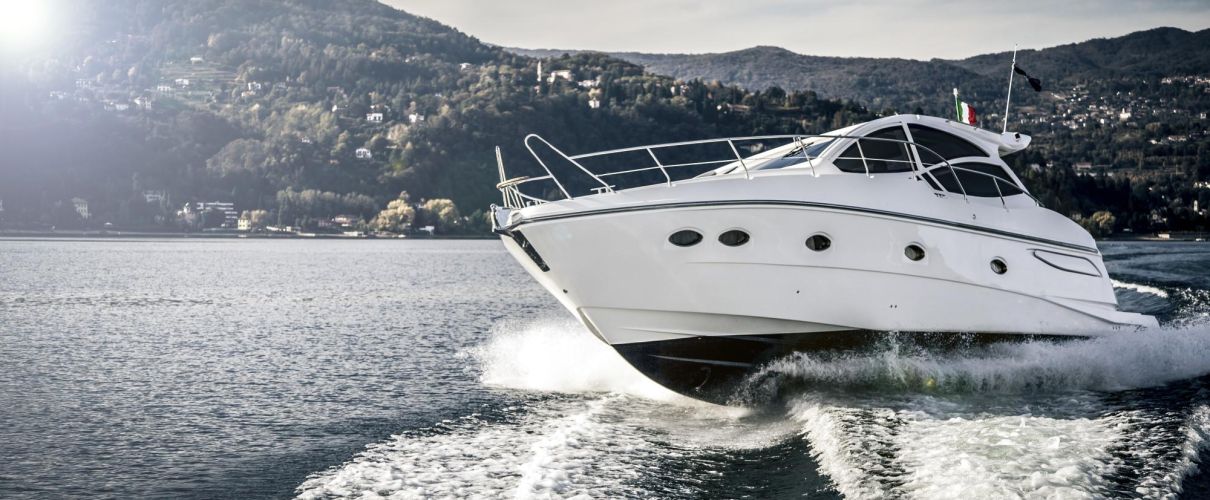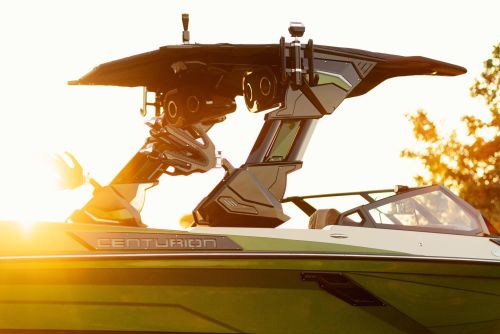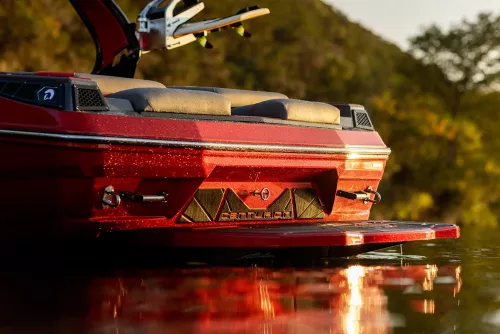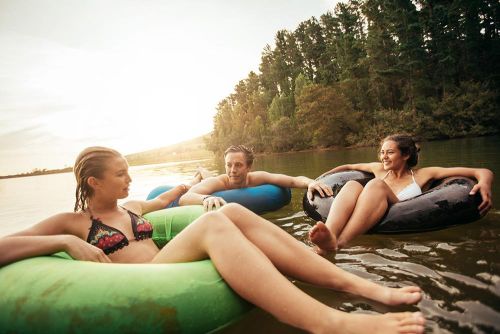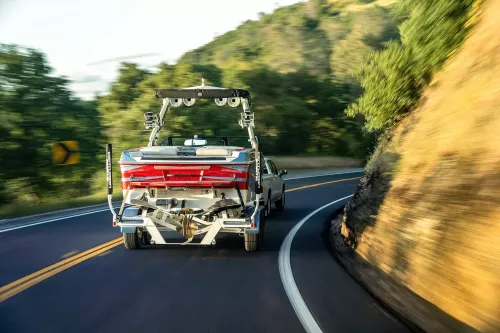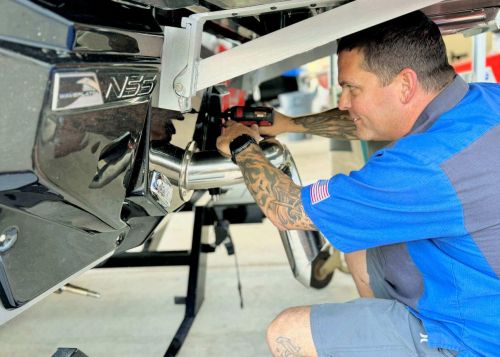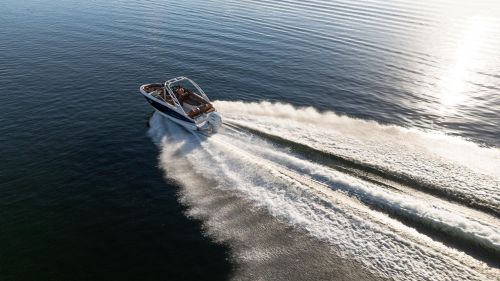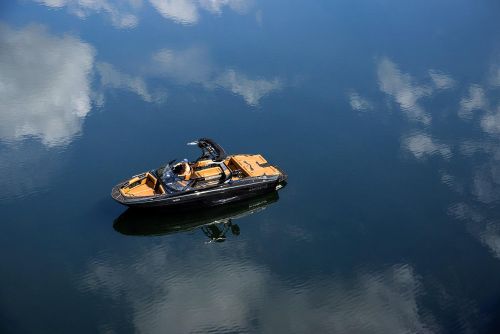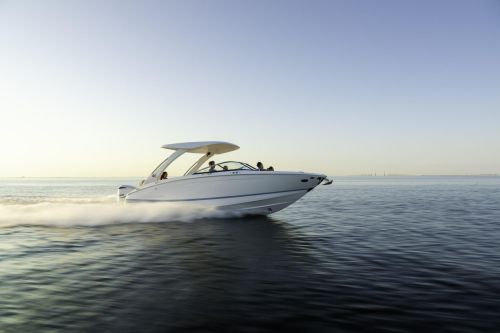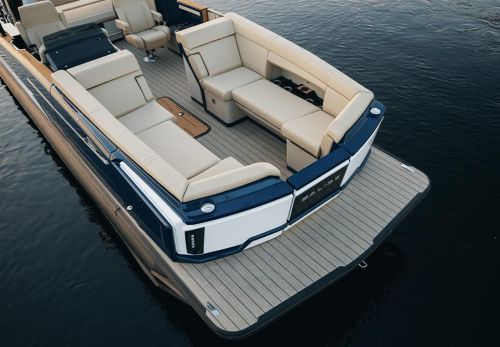- Home
- Boats
- Top Brands
-
Service
-
-
Boat Service
- Boat Service & Repair
- Inboard Motors Service & Repair
- Outboard Motors Service & Repair
- Engine Repair & Replacement
- Transmission Service & Repair
- Electrical Troubleshooting & Repair
- Gelcoat & Fiberglass Repair
- Trailer Service & Repair
- Boat Winterization & Summarization
- Prop Repair & Replacement
- Boat Interior & Exterior Detailing
- Boat Accessories & Upgrades
-
Boat Service
-
- Pro Shop
- Company
- Contact
Shop Nautique by Model
Shop Brand by Model
Shop Brand by Model
Your 10 Most Common Boating Questions Answered
Knowing everything about boating takes years of experience, but we can start with the basics. Discover more in Your 10 Most Common Boating Questions Answered.
It is coming to that time of year when a nice boating trip in the sun is on several families’ minds. This is common, as around 8% of families in the USA own a boat to take a trip on. Do you understand what it takes to be in a boat safely, though?
This article will go over the boating basics and answer ten questions several people have about using a boat. By the end of this article, you should be able to get on the water with a good idea of what you need to stay safe.
1. How Old Do You Have To Be Go Boating By Yourself?
You should check your local state’s laws about who can and cannot drive a boat. This may be a higher age if the person is not supervised, and there may be other rules you need to be aware of.
In Florida, however, there is no minimum age to operate a boat. Just be careful when crossing state lines.
2. Where Can I Get Fishing and Boating Maps and Charts?
You can print out maps from various locations online. Google Maps works from up-to-date information, but they focus more on roads than rivers. For that reason, you might want to check MyTopo or Navionics for other options related to the water instead.
Alternatively, the National Oceanic and Atmospheric Administration (NOAA) has other options. These focus on weather and water maps that may be more specific to your needs. Their coastal maps or Great Lakes maps may be more of interest to you.
3. Where Can I Buy a Boat?
If you wish for a dedicated place for used sales, the National Automobile Dealers Association has a section for aquatic vehicles.
NADA also provides information on manufacturers of several different kinds of boats. They can get you the contacts you need to start shopping for exactly what you are looking for, and at a price point, you can afford.
4. Do I Need a Licence?
Anybody who operates a boat needs a boating safety certificate. This award exists to reduce the risks to anybody who uses a boat by ensuring everyone has a minimum level of training before getting on the water. Not having this education could put both you and others in danger.
These are national minimum legal safety requirements that will always be the same no matter where you are in the country. Therefore, should you have gained the certificate in one location, you can assure it is valid in another United States area.
Cards get issued to people when they complete a boating safety education course. These are one-time events, and at the time of writing, you need to update them only once every four years. If you lose your certificate, you should also get a new one without needing to retake the course.
5. What Life Jackets Do I Need?
When a boat is being used on the water, federal law is clear. You must have a life jacket on board for each person who is aboard the vessel at any time.
These jackets must be in good condition, and they must be the correct size for each individual. Therefore you cannot have three adult life jackets when you have two adults and a child on the boat.
Also, the life jackets must be Coast Guard approved. You can determine this by checking the tag on the jacket for the appropriate logo or text that confirms this.
In addition to these life jackets, you need more equipment if your boat is over sixteen feet long. In that case, you must have a Coast Guard-approved flotation device for throwing. Examples of these include boat cushions, life rings, and several other Type IV devices.
Children under six years of age must wear a US Coast Guard approved life jacket at all times while on any vessel less than 26 foot long.
Finally, if any children onboard are under thirteen years of age, they must always be wearing these life jackets when not below deck. This is for the safety of children who may not be able to swim in certain circumstances.
You should also be aware of specific requirements depending on your local ordinances. To do this, you should contact your state’s authorities for more information on how to adhere to local laws.
6. How Do I Report Boating Accidents?
You must report any accident immediately to the local law enforcement agency from where the accident occurred. There are specific circumstances that require these accidents to be reportable. Not reporting them is akin to a hit-and-run occurring and not informing the police of them.
These circumstances are:
- Any accident that results in the death or disappearance of one or more individuals
- Any accident that causes injuries that you cannot resolve with simple first aid
- Any accident that results in injury to a vessel or any other property that exceeds a set amount of money
The set amount of money mentioned above depends on your state, and you should contact your local authority for more information. In general, this will be between two hundred and two thousand dollars.
7. What ID Do I Need On The Water?
When on the water, you will need specific documentation. This includes both the boating safety certificate. Also, you will need more ID, but you should contact your state authority for more information on exactly what that must be.
8. What Visual Distress Signals (VSDs) Do I Need?
If you are boating in the sea, in the great lakes, on territorial seas, or in several other locations, you will need VSDs. Different locations have different requirements. You should check the federal requirements for more information.
9. What If I Want To Go Water Skiing?
There are a few rules to water skiing in Florida.
First of all, you should try to always have a second person on the boat. This “Observer” is there to make sure the person skiing is safe at all times. Alternatively, you may have a wide-angle rear-view mirror in use, but this is not as safe as having someone with the sole focus of safety.
The water-skier needs to have a similar approved life jacket to those listed above. Also, they cannot ski half an hour before sunrise or half an hour after sunset.
For more rules related to this, we recommend you check with your local coast guard.
10. Can I Get Examined By An Authority?
You can get a Vessel Safety Check from a Coast Guard-approved Vessel Examiner. They can then give you a copy of their evaluation so you can follow up with it elsewhere.
If you pass, you should be able to display a VSC decal that denotes your vehicle’s safety. Note, however, that this does not make your boat exempt from law enforcement inspections if necessary.
What Next?
You should now understand what it means to own a boat and be safe while using one. If you do not already have one, your next step would be to get a boating safety certificate, even if you are only planning to use leisure boats. Despite your best boating skills, accidents may still happen.
If you have any other boating questions, especially in the Orlando area, we recommend you contact us for further information. We are excited to talk to you about boating and will be able to give you all the assistance you need to make your experience a memorable one.
Latest Articles
- Regal & Nautique of Orlando: A Look Back at an Incredible 2025
- Turning Winter Downtime Into Water Time: Easy Upgrades & Add-Ons to Enjoy Now
- Common Mistakes First-Time Wake Boat Owners Make and How to Avoid Them
- Last Minute Holiday Gift Guide for Boaters
- Wave into 2026 Fully Prepared Here is Your Complete Maintenance Checklist
Other Topics
- Boaters Lounge (27)
- News (137)

